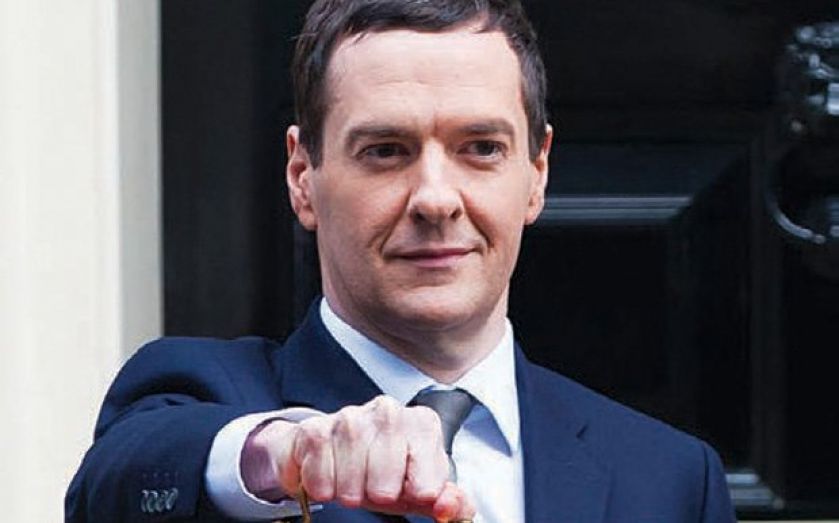Budget 2015: Banks bear brunt of pre-election tax increases

Britain’s banks were targeted yet again for a tax raid yesterday, as the chancellor hit them with the biggest tax hike of any sector.
George Osborne increased the bank levy for the ninth time since it was introduced in 2011, in a move which will raise an extra £4.4bn in five years.
The tax, which covers UK banks’ global balance sheets, is being hiked from 0.156 per cent to 0.21 per cent. It will raise £3.6bn in 2015-16 – an increase of £685m on previous forecasts.
That will rise to £3.8bn in 2016-17 – an extra £925m as a result of the hike, and £3.7bn for each of the years out to 2019-20. Over the forecast period the tax will rake in £18.5bn.
“This is a three-fold increase in the bank levy in just four years and once again is anti-competitive for our own UK banks. It will hit UK headquartered banks hardest as it’s a tax on their entire global balance sheets, whereas foreign banks in the UK are only taxed on their UK liabilities,” said EY’s Anna Anthony. “The constant tinkering with the tax regime for banks in the UK is unhelpful, and in the long-term unsustainable – the industry will definitely be looking for a commitment to a more certain tax environment in the future.”
The levy was introduced to raise funds from banks and encourage them to shrink. But as it is applied to banks’ global balance sheets, when banks did shrink, the tax revenue fell too, pushing the chancellor continuously to hike the rate in an effort to keep the tax haul steady.
It came as Osborne argued against tax evasion by “City bankers [who] boasted of paying lower tax rates than their cleaners”. In fact, this was a private equity boss who was criticising fellow executives who paid those rates.
The tax hikes did not end there – banks are also being targeted over bad behaviour in the boom years. Under new rules, lenders will no longer be able to offset the costs of payment protection insurance (PPI) compensation payments against corporation taxes.
This will cost the banks £965m over the next five years.